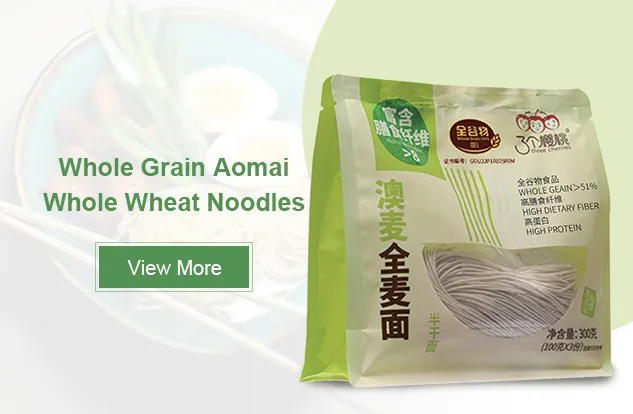Are Ramen Noodles Healthy Choices for People with Diabetes?
Are Ramen Noodles Bad for Diabetics?
Ramen noodles are a popular and convenient food choice for many people around the world. Known for their quick preparation and savory flavors, they are often seen as a go-to meal, especially for those with busy lifestyles. However, for individuals with diabetes, the nutritional value of ramen noodles can be a cause for concern. Understanding why ramen noodles may not be the best option for diabetics requires a closer look at their ingredients, glycemic index, and overall health implications.
Understanding Ramen Noodles
Ramen noodles are typically made from refined wheat flour, water, salt, and an alkaline mineral water called kansui, which gives them their distinct texture. While these ingredients contribute to the appeal of ramen noodles, they also bring some drawbacks, particularly for people managing blood sugar levels.
Glycemic Index Consideration One of the critical factors for those with diabetes is the glycemic index (GI) of foods. The GI measures how quickly a carbohydrate-containing food raises blood glucose levels. Foods with a high GI can cause rapid spikes in blood sugar, which can be detrimental to people with diabetes. Unfortunately, traditional instant ramen noodles fall into this high-GI category, often exceeding values near 90. This means that after consumption, they can cause a quick surge in blood sugar levels, leading to hyperglycemia.
Nutritional Deficiencies
In addition to their high glycemic index, ramen noodles are often low in essential nutrients. Many commercial varieties are stripped of their fiber and protein content, which can leave one feeling unsatisfied and more prone to overeating. For individuals with diabetes, maintaining a balanced diet rich in fiber and protein is crucial. Fiber helps slow down the absorption of sugar, thereby preventing spikes in blood glucose levels while protein aids in satiety and muscle maintenance.
is ramen noodles bad for diabetics

The Risks of Sodium
Another significant concern regarding ramen noodles is their sodium content. A single serving can contain upwards of 800 milligrams of sodium or more, depending on the flavoring packet used. High sodium intake is associated with increased blood pressure, which can create additional complications for diabetics who may already be at risk for cardiovascular issues. Therefore, excessive consumption of ramen noodles not only affects blood sugar control but can also elevate the risk of hypertension.
Alternatives for Diabetics
While ramen noodles may not be a wise choice for individuals with diabetes, there are healthier alternatives available. For those who crave a warm noodle dish, consider using whole-grain or high-fiber noodles, such as soba or whole wheat spaghetti. These alternatives have lower glycemic indexes and offer better nutritional profiles, including higher fiber and protein content.
Additionally, making homemade noodle dishes allows for total control over the ingredients. For example, using vegetables, lean proteins (like chicken or tofu), and a moderate amount of healthy fats (such as olive oil) can create a well-balanced meal that satisfies cravings without compromising health.
Conclusion
In summary, while ramen noodles can be a tasty and convenient option, they may not be the best choice for individuals with diabetes. Their high glycemic index, low nutritional value, and excessive sodium content pose risks to blood sugar control and overall health. Instead, opt for healthier alternatives that provide complex carbohydrates, fiber, and essential nutrients. When managing diabetes, it’s vital to prioritize balanced meals that stabilize blood sugar levels and promote long-term well-being. Always consult with healthcare providers or nutritionists for personalized dietary advice and alternatives suitable for your specific health needs.
-
Unleash Your Inner Chef with Delectable Italian Pasta CreationsNewsAug.01,2025
-
Savor Health and Flavor: Irresistible Soba Noodles for Sale Await!NewsAug.01,2025
-
Nourish Your Body with Premium Organic Ramen - A Culinary Delight AwaitsNewsAug.01,2025
-
Elevate Your Dishes with Our Exquisite Kinds of Egg NoodlesNewsAug.01,2025
-
Dive into Flavorful Convenience with Our Ramen OfferingsNewsAug.01,2025
-
Discover Exquisite Types of Naengmyeon and Chilled Soba NoodlesNewsAug.01,2025
-
Is Whole Wheat Pasta Healthy?NewsMay.30,2025
Browse qua the following product new the we

















































































































